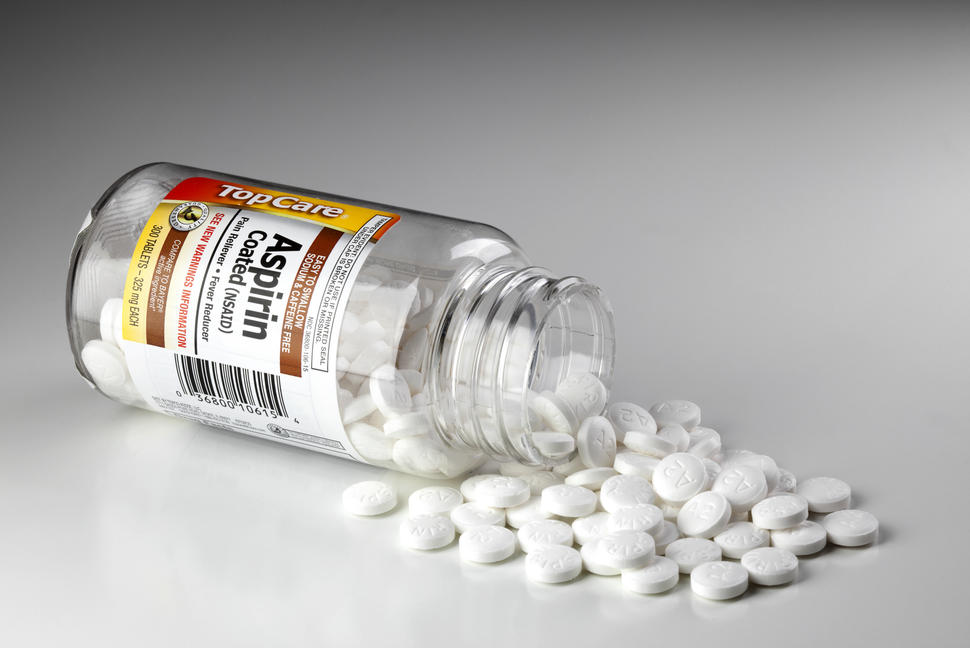The U.S. Preventive Services Task Force no longer recommends aspirin for primary cardiovascular disease (CVD) prevention in adults aged 60 years or older, according to a draft recommendation issued Tuesday.
A new draft recommendation statement from the US Preventive Services Task Force states that adults 40 to 59 years of age should consult health professionals before taking aspirin for the prevention of cardiovascular disease, whereas adults 60 years of age and older should not start taking aspirin. In addition, the Task Force recommended low-dose aspirin for pregnant individuals at increased risk of preeclampsia.
Heart disease and stroke are the leading causes of mortality in the United States and account for approximately 1 in 3 deaths, according to the press release.
Although research has shown that daily aspirin use can reduce the chance of having a first heart attack or stroke, it can also cause harm, including bleeding in the stomach, intestines, and brain. The risk of such bleeding events increases with age and can be life-threatening.
According to the release, adults between 40 and 59 years of age who are at higher risk for heart disease or stroke and who do not have a history of cardiovascular disease should consult their clinician before taking aspirin. This is a C grade, meaning the recommendation depends on the specific situations of individual patients.
Furthermore, once patients turn 60 years of age, the task force recommends that they stop taking aspirin because the risks of bleeding outweigh the potential benefits of preventing heart disease. The newest data also show a closer balance of benefits and harms than was previously understood for individuals in their 50s, although starting aspirin use as young as 40 years of age may have some benefit.
“Daily aspirin use may help prevent heart attacks and strokes in some people, but it can also cause potentially serious harms, such as internal bleeding,” said task force member John Wong, MD, in the press release. “It’s important that people who are 40 to 59 years of age and don’t have a history of heart disease have a conversation with their clinician to decide together if starting to take aspirin is right for them.”
Importantly, this recommendation only applies to individuals who are at higher risk for cardiovascular disease, have no history of heart disease or stroke, and are not already taking daily aspirin. When deciding whether patients should begin taking aspirin, clinicians should consider age, heart disease risk, and bleeding risk, as well as the patient’s values and preferences, according to the press release.
“The latest evidence is clear: starting a daily aspirin regimen in people who are 60 and older to prevent a first heart attack or stroke is not recommended,” said task force member Chien-Wen Tseng, MD, MPH, MSEE, in the press release. “However, this task force recommendation is not for people already taking aspirin for a previous heart attack or stroke. They should continue to do so unless told otherwise by their clinician.”
In addition to the recommendation for cardiovascular disease, the task force issued a recommendation last month for the use of low-dose aspirin in pregnant individuals at high risk of preeclampsia. According to a press release, 81 mg/day of aspirin are recommended as preventive medication after 12 weeks of pregnancy in this patient population.
Preeclampsia, a serious health problem that can occur during pregnancy, involves a combination of high blood pressure and signs or symptoms that other organs are not working properly. It affects approximately 4% of pregnancies in the United States and can lead to severe complications for both the pregnant person and the infant, including premature birth and death. (Read more)
A global media for the latest news, entertainment, music fashion, and more.




